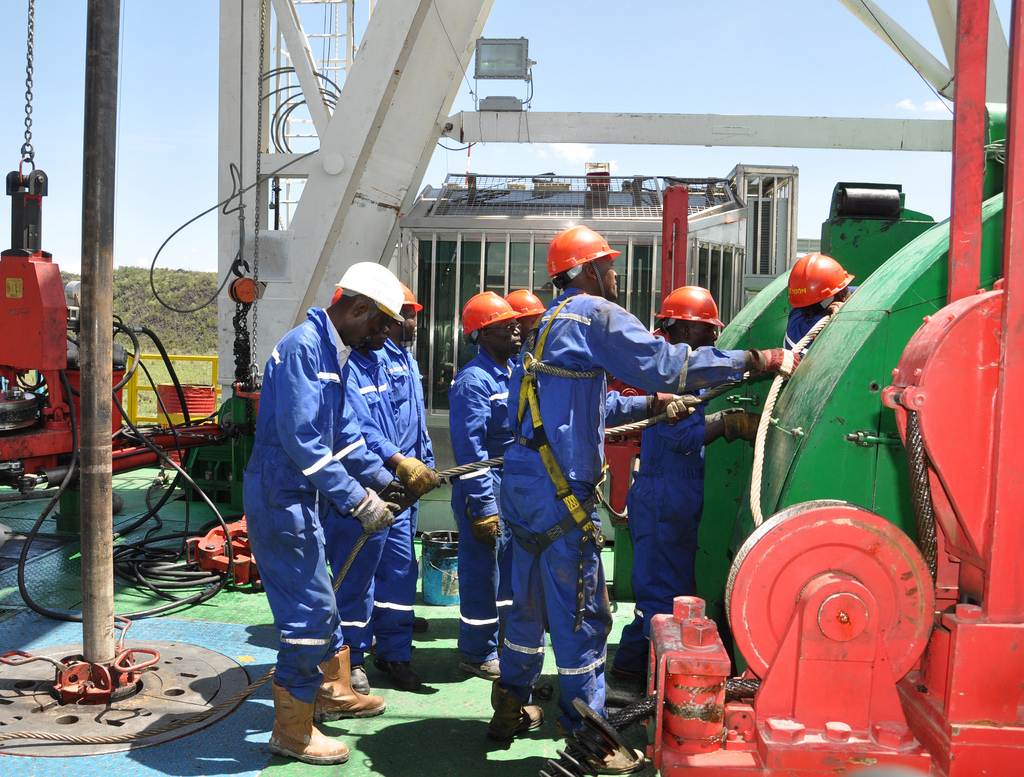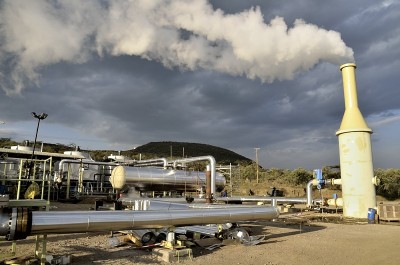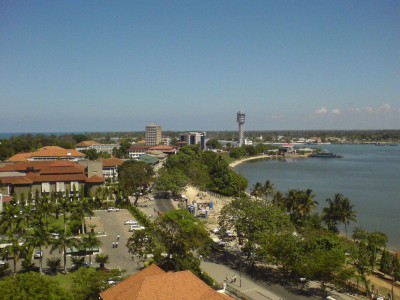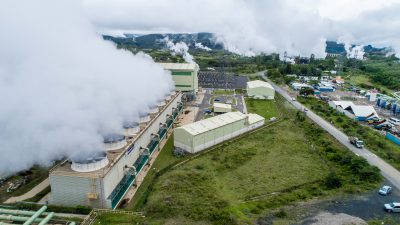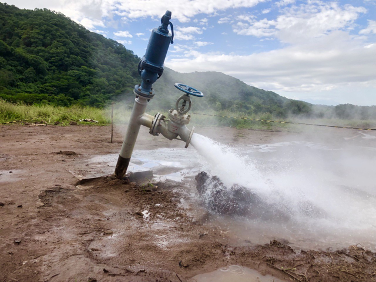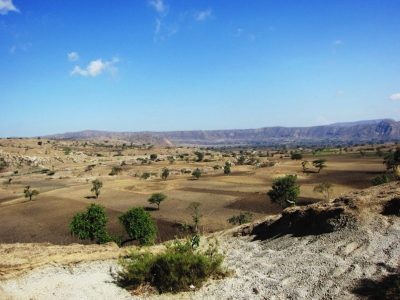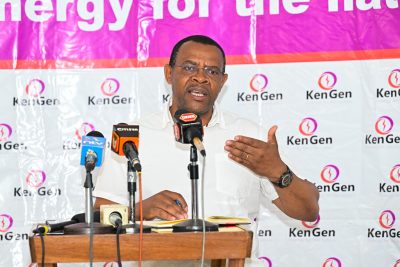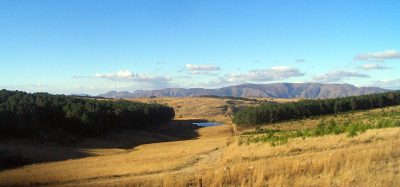GDC Managing Director – Geothermal powering Kenya’s future
Geothermal energy can play a tremendously important role in powering the future of Kenya, helping to secure cost-effective energy for its manufacturing sector and food security, so Johnson Nchoe, Managing Director for Kenya's Geothermal Development Company.
In a guest article in Kenya’s Daily Nation publication, Johnson Ole Nchoe, Managing Director of Geothermal Development Company writes on the importance of geothermal in powering Kenya’s future.
As we reported before, the Kenyan government has set an emphasis on “manufacturing, and the provision of affordable housing and health services and enhancing food security.” GDC sees the development of geothermal energy projects as crucial in providing vital support to these areas, in particulary for the pillars of manufacturing and food security.
Geothermal energy provides affordable, reliable and clean energy, business friendly tariffs in a combination of affordability and reliability.
With an estimated 10,000 MW geothermal potential, there is a lot of opportunity to growth and sustain current subsidised power to bulk users.
Geothermal Development Company was designed to help Kenya in its acceleration of developing its geothermal resources helping to do green field development and turn them into bankable projects attractive to investors.
A good example of these efforts is the Menengai geothermal projects, where GDC drilled the wells and now private sector players are developing three geothermal power plants. The Baringo-Silali geothermal block is another project for GDC.
The target of GDC is to develop more than 1,000 MW in the next 10 years.
But geothermal energy also provides direct heat opportunities as by-product of electricity generation, which can be used for direct use applications, such as industrial drying of grains, fish, vegetables, tea, and pyrethrum, milk pasteurisation and brewing. Furthermore it can also be used in medical spas, helpful in building out tourism opportunities.
GDC has been working on several direct use initiatives, e.g. using geothermal energy for milk pasteurisation, aquaculture, greenhouse heating and in a laundromat. Particularly for milk pasteurisation and greenhouse operations, the savings are huge. Using geothermal heat cuts milk pasteurisation costs down 70% and 40% down for greenhouse heating.
With opportunities like this, Kenya becomes more competitive as investment destination. The work on industrial parks is therefore quite interesting.
In his article, Mr. Nchoe also describes on how geothermal helps to accelerate growth of horticultural products, including vegetables. Crops under geothermal-heated greenhouses are pesticide-free because the heat prevents fungi growth. It is also used to heat fishponds, where it has shown that fish grow faster when the pond is heated. So for food security, geothermal can also play an important role.
“Geothermal energy is a prolific resource that is exciting researchers to seek fresh approaches to national development. Our grand dream is to turn geothermal belts into manufacturing and food production hubs. This will create jobs, tame rural-urban migration, and generally improve our fortunes as a nation.”, so Mr. Nchoe.
Source: Daily Nation
